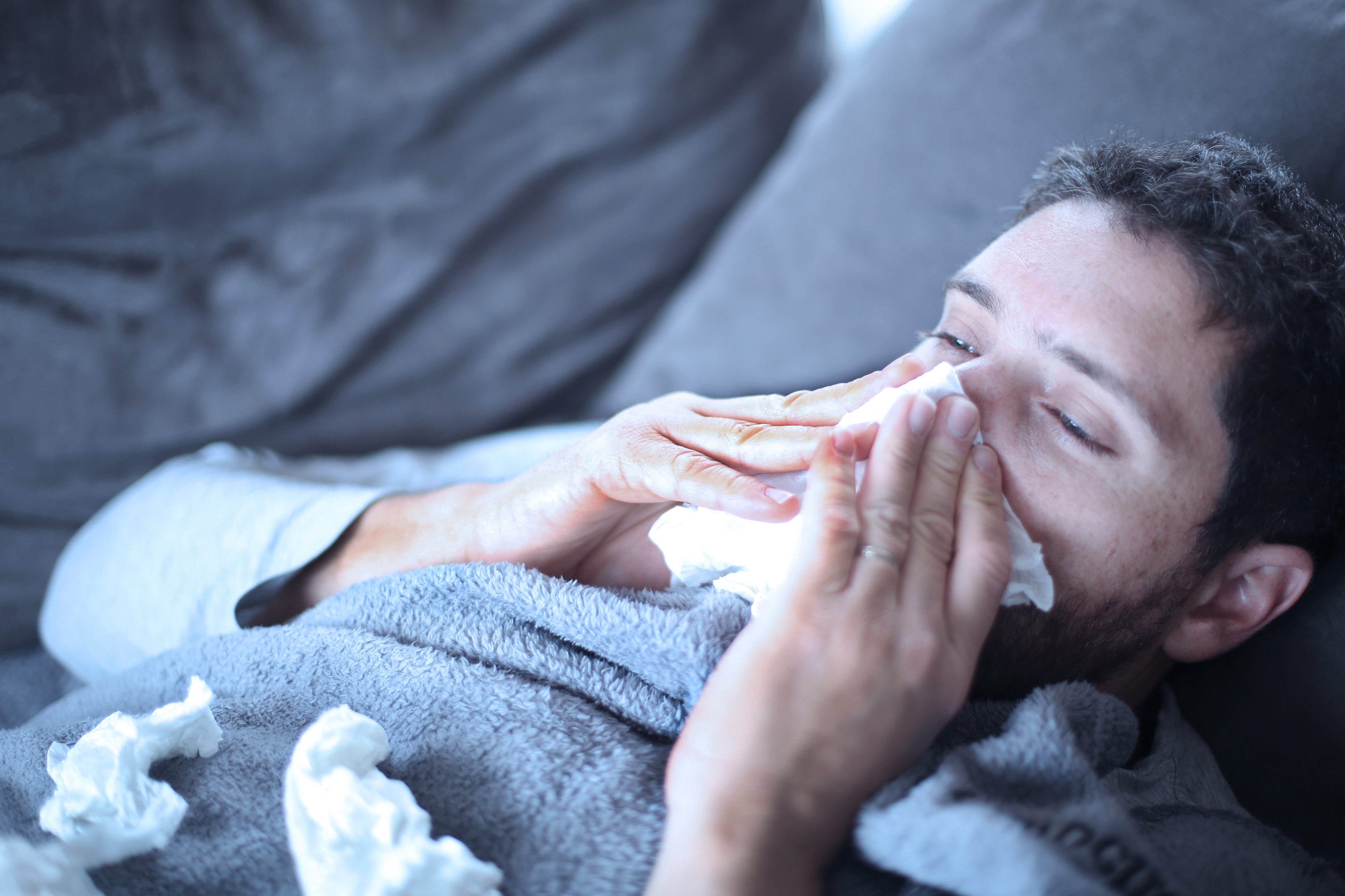
Residents are being urged to prepare in advance to help avoid a nasty bout of cold or flu this winter.
There are more than 200 types of commons cold virus and three types of flu virus which can often strike in winter, so residents in H&F are being encouraged to stock up on medical cabinet essentials and take preventative steps at the first sign of illness.
Tackling a cold at the first sign can help prevent developing longer lasting, debilitating symptoms and reduce any need to visit your GP or an A&E.
“Most winter illnesses will come and go within a matter of days and can be easily treated within the comfort of your home, so you shouldn’t need to get professional medical attention,” said Cllr Vivienne Lukey, H&F Cabinet Member for Health and Adult Social Care.
“Getting a free flu vaccination early and having a well-stocked medical cabinet are the best ways to be prepared ahead of the winter and to help avoid unnecessary stress of prolonged illness.”
See below for details of walk in sessions for free flu vaccinations in H&F.
Children can be particularly susceptible to colds as their bodies are still building up immunity, so acting at the first signs of a cold will help protect them too.
Treat it early
The main early signs of winter cold and flu bugs are:
- coughing
- sneezing
- blocked nose
- sore throat
- headache
- a slight temperature.
In most cases, antibiotics (which are used to treat antibacterial infections) aren’t necessary. The flu and most coughs and colds are caused by viruses, so antibiotics can’t help. Most cold and flu medicines from a pharmacist will include painkillers and decongestants to help manage your illness.
Along with the right medicines, the best way to tackle illness head on is to:
- rest
- eat well
- avoid stress
- keep hydrated.
Children can be treated using some over-the-counter painkillers to ease discomfort and help bring down a fever.
Both paracetamol and ibuprofen are available as a liquid, and can be given from the age of three months. Always check with your doctor if you aren’t sure which treatments you can give your child.
When to see a doctor
Whilst most ‘cold bugs’ will run their course without leaving any real harm, there are certain cases when you or your child should see a GP. These include:
- babies, older and more frail people, should get help if they're unwell
- if you or your child have a chronic condition e.g. asthma or diabetes
- if you have a very high temperature and feel ill e.g. severe headache or abdominal pain
- if your child is vomiting but does not have diarrhoea
- if your child stops drinking and is unusually lethargic.
If something doesn’t seem right and you do feel a professional opinion is needed then call 111 or, if you’re really worried, make an appointment to see a GP.
Free flu vaccinations
Walk in flu vaccination sessions accessible to all registered patients, on Saturday 17 December, 9am-12pm and Saturday 14 January, 9am-12pm, at the following locations:
- Brook Green Medical Centre, Bute Gardens, London, W6 7EG
- Parkview (Drs Canisius and Hasan), Parkview Practice, Parkview Centre for Health & Wellbeing, Cranston Court, 56 Bloemfontein Road, W12 7FG
- Cassidy Medical Centre, 651A Fulham Road, SW6 5PX
Find out more advice about symptoms and treatment for cold and flu.
Find out more about how and where to get the free flu vaccination.




